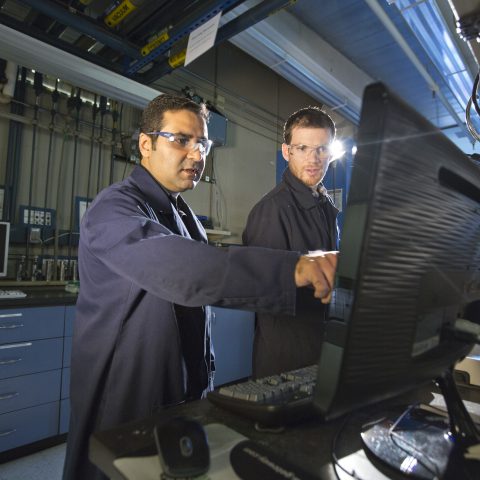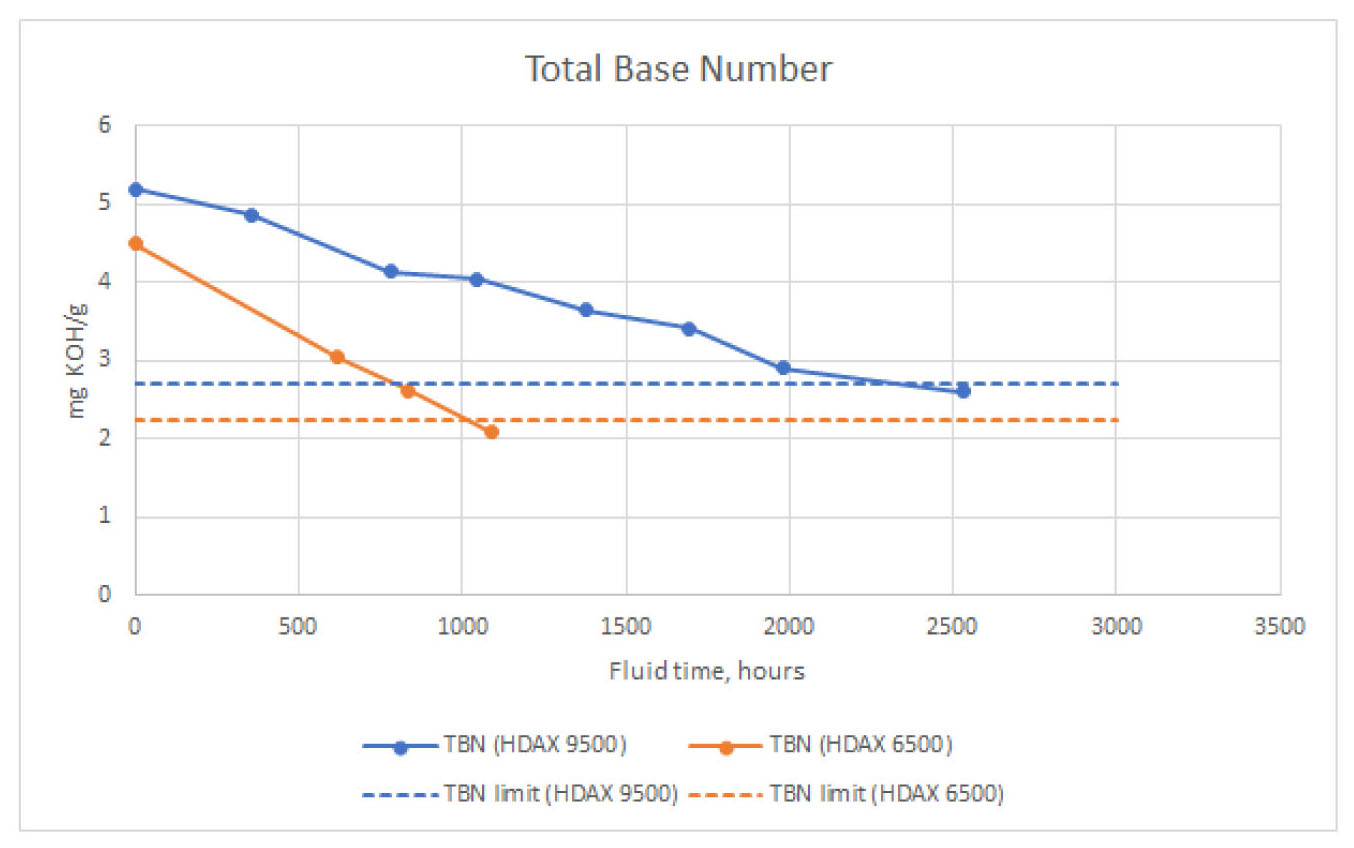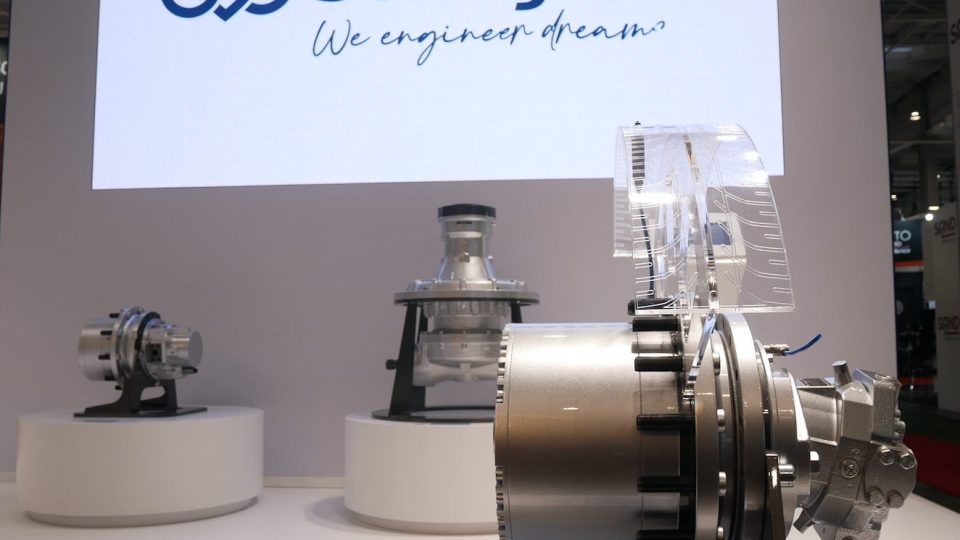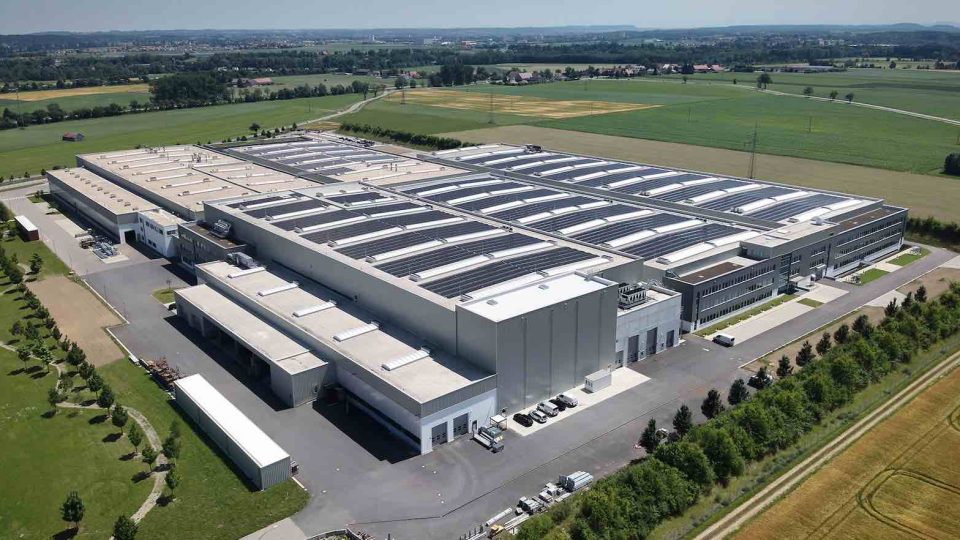Texaco presents the results of tests carried out with an Italian biogas energy producer
Texaco Lubricants presents the results of a series of tests carried out with an important Italian energy company, known throughout Europe for the use of renewable sources. The results achieved by Texaco HDAX 9500 SAE 40 have shown how engine oil can contribute to improving the profitability of the biogas energy production business.

Texaco HDAX 9500 SAE 40, formulated specifically for landfill gas, biogas, anaerobic digestion gas and acid gas applications, has proven its worth in a series of tests carried out with a major Italian energy company known throughout Europe for the use of renewable sources. This company builds and operates biogas, biomethane, wind and solar power plants, historically relying on another engine oil, Texaco HDAX 6500 LFG, for its gas engines.
Texaco: field testing
Texaco Lubricants experts proposed to the energy producer the replacement of Texaco HDAX 6500 LFG with Texaco HDAX 9500. A series of field tests were conducted on specific motors used by the company: the tests were carried out at an Italian plant on two Jenbacher J-300 series engines fueled with landfill biogas, an acid gas that can be particularly aggressive on engine components.
The experts used two parameters to compare performance: engine oil consumption and equipment downtime; factors chosen as they represent the most significant expense items related to the use of oil in gas engines.
As for oil consumption, the oil change resulted in a total saving on the first engine of 1,885 liters / year and on the second engine of 2,034 liters / year. Equipment downtime was also reduced by eight hours in total for the first engine and by ten hours for the second engine, resulting in reduced labor costs for both equipment maintenance.
The results obtained in the field are even more important if we take into account the fact that the use of Texaco HDAX 9500 oil for gas engines contributes to making the business of producing energy from biogas more profitable. These commercial advantages are fundamental in a sector that may have difficulty in profitability despite the strategic role played by biogas in contributing to the achievement of increasingly stringent emission reduction targets.








